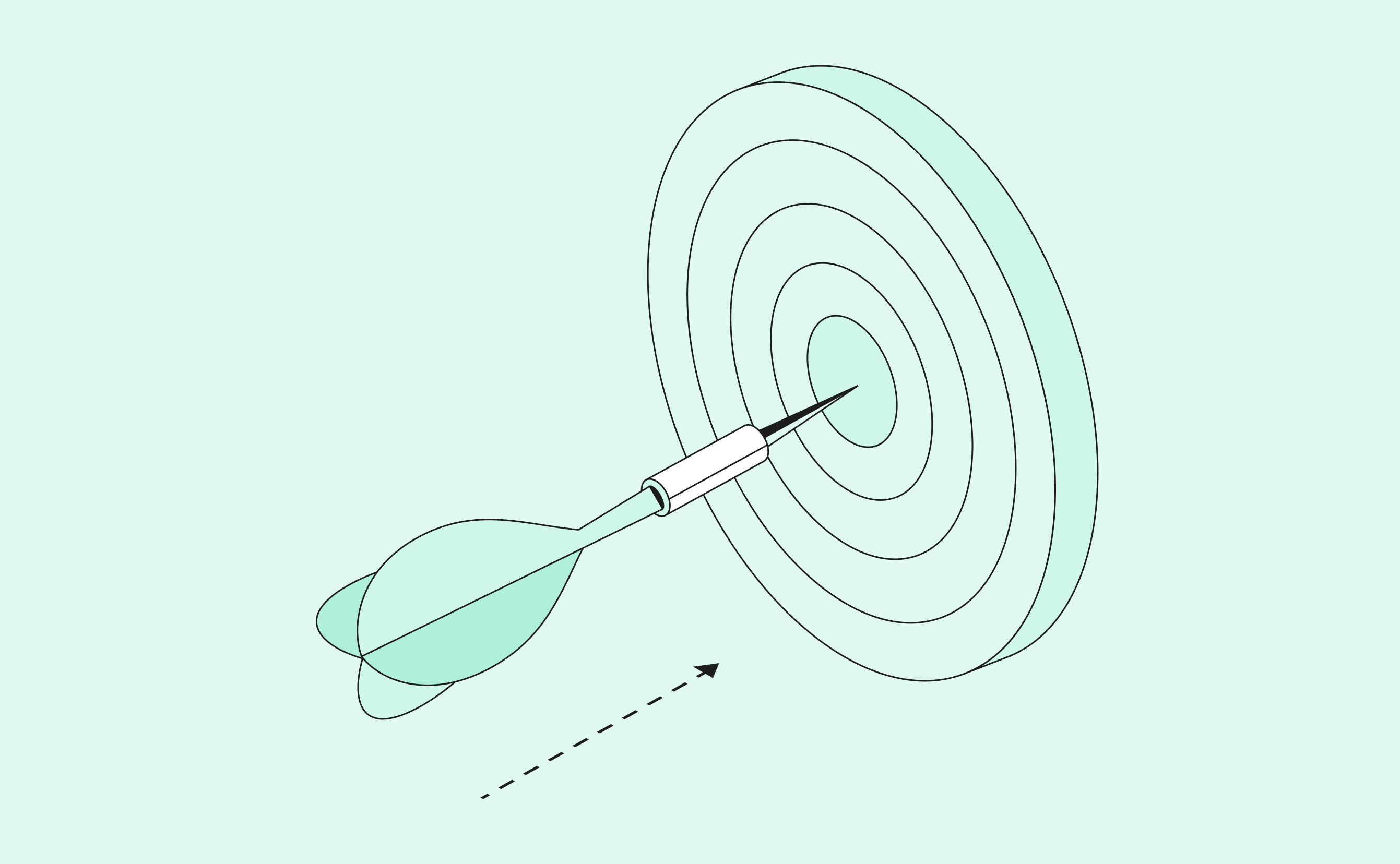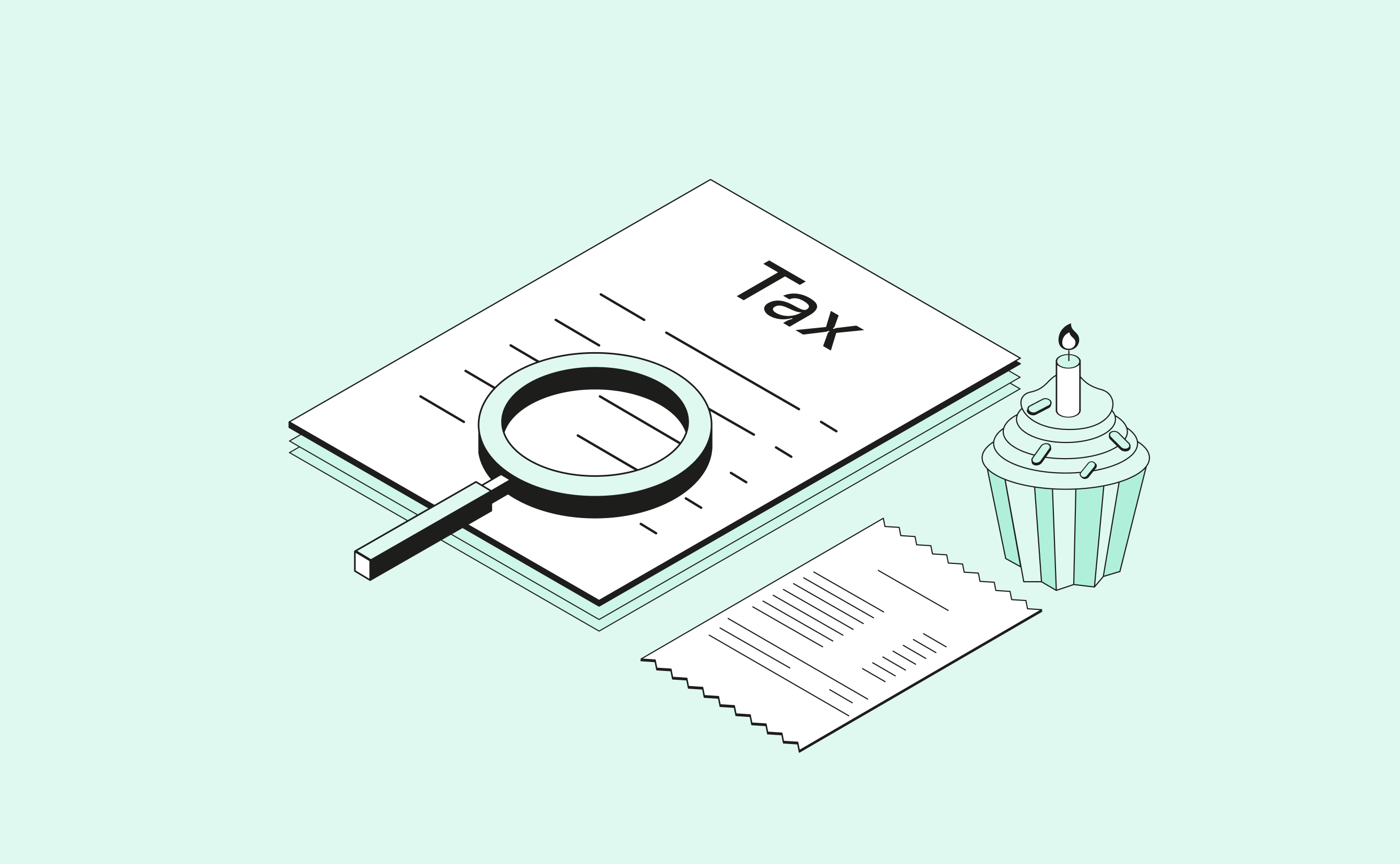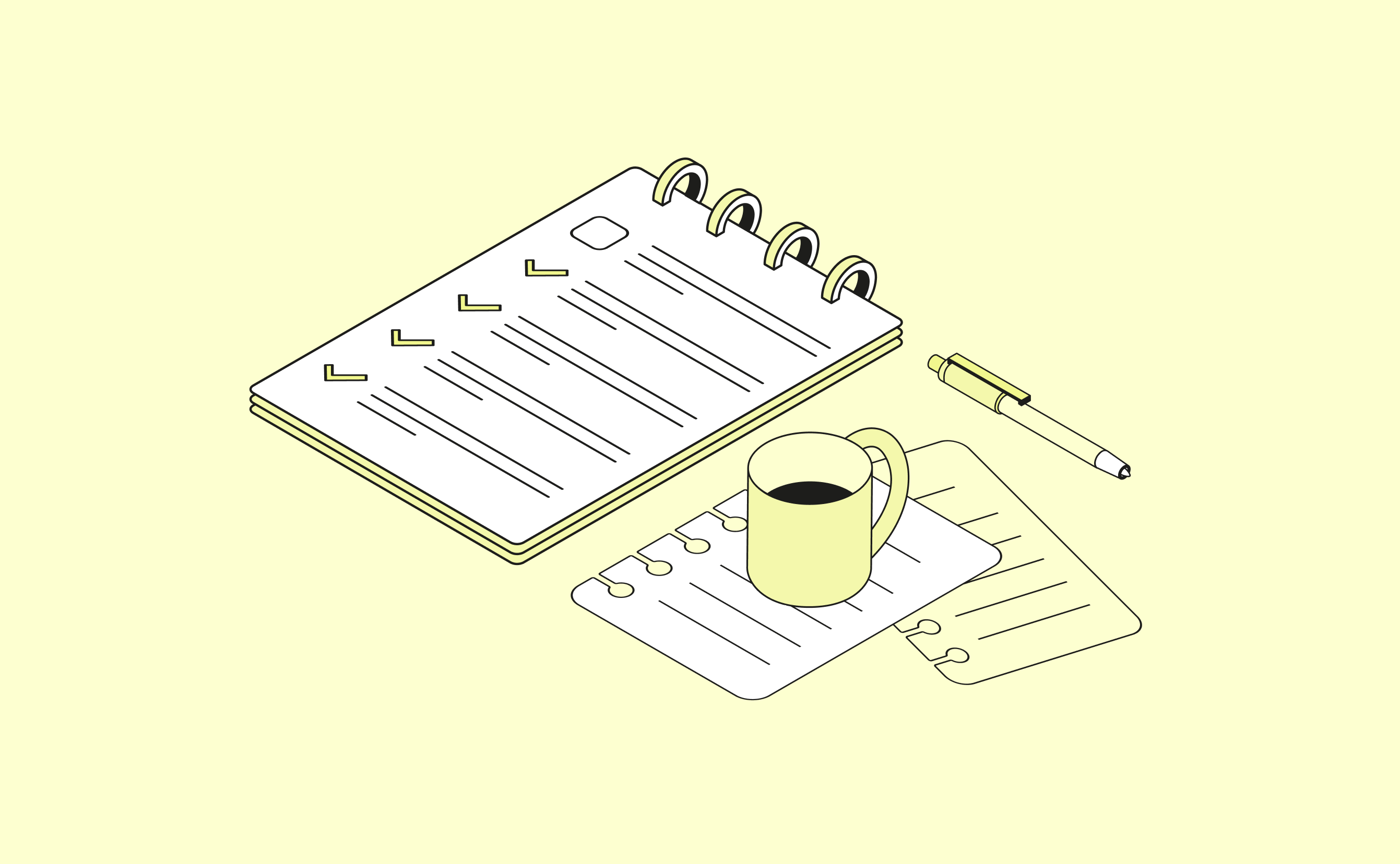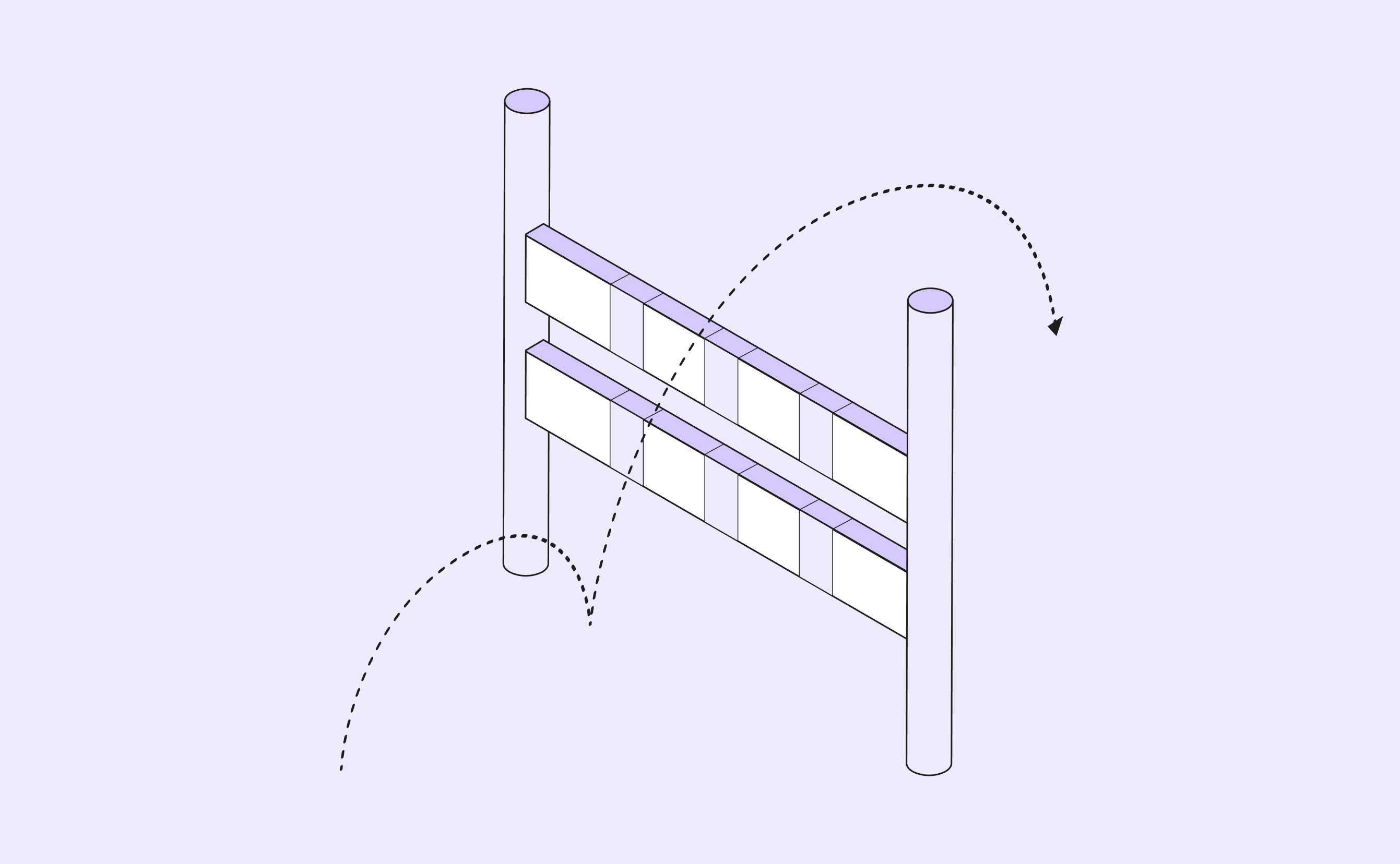A lesser known truism is that behind every great achievement sits a mountain of unseen procrastination. This is because even the most productive among us are not immune to time-wasting, deadline delaying, or over-preparing.
Battling procrastination: understanding and dealing with it

What is procrastination?
Having said that everybody procrastinates to some degree, it’s important to distinguish between regular procrastination and chronic procrastination. The general definition for both is the act of delaying or postponing tasks until close to—or past—their deadlines.
Regular procrastination
Regular procrastination may occur because the particular task you’re putting off is difficult or tedious, or you don’t know how to begin. We may procrastinate because we believe we have plenty of time later to finish the task, or that it isn’t going to take long so there’s no rush to get going on it. Another major contributor to regular procrastination is waiting for the right moment. While there’s some truth to being more productive when you act on inspiration, waiting for that lightbulb moment isn’t feasible when you have a full time job or a business to get off the ground. If you only wait for inspiration to get things done, those moments of inspiration will be fewer and further in between.
Chronic procrastination
Chronic procrastination is when your regular procrastination becomes more frequent, negatively affecting your job, mental health, and many other things. Think of it like the difference between sadness and depression: everybody gets sad sometimes, but not everyone falls into a depression. Once things get to this point we have to address the problem; it’s no longer just a one off.
Feeling stuck in your current job? We can’t cure procrastination but we can definitely help you with exciting roles and an appreciative culture.
The different types of procrastination
Within these two degrees of procrastination, there are two distinct types. Understanding the two can help you better target the root of your procrastination and begin to work on it.
Active procrastination
This might sound strange to anyone who doesn’t do it, but active procrastinators will deliberately delay completing or beginning a task, because they believe they work better under pressure. The closer to the deadline they leave the task, the more likely they are to get it done.
Passive procrastination
Passive procrastinators may not realise they are procrastinating. Cognitively speaking, what passive procrastinators are doing is postponing a task due to difficulty in making decisions. So while the active procrastinator is confident the looming deadline will be a boon for productivity, the passive procrastinator is underconfident, putting off the task because they don’t believe they are ready to start.
Why do we procrastinate?
The more serious neurological conditions which make concentration and task completion difficult (OCD, ADHD, etc.) aren’t going to be addressed in this article because they require professional advice and scientific methods to deal with. Instead, we’re going to deal with the external factors and neurotypical behavioural trappings which contribute to regular and chronic procrastination.
Unrealistic goals
An unrealistic goal is simply something you wish to achieve but haven’t considered how you might achieve it, or even if doing so is possible.
Distant future deadlines
Setting yourself distant future deadlines may seem like a good approach to getting something done on your own time. But this is where the time crunch favoured by active procrastinators can come in handy.
Past and future selves
Have you ever been faced with a task and thought, ‘That’s a problem for future me’. It’s a quick fix that alleviates immediate anxiety over a task by reassuring yourself it’s not a big deal yet. A kind of mental passing of the baton. When we do this, we’re fooling ourselves into thinking we’re palming the task off to someone else, as if at a later date we’ll be a new person prepared to take on the task.
Procrastinating on your finances and taxes? Tick that off in just a few minutes. With Qonto – banking made easy.
Optimism and Pessimism
In addition to active and passive procrastinators, there are also optimistic and pessimistic ones. The optimistic procrastinator is confident enough they’ll be able to complete the task, so delaying it is no big problem. The pessimistic one lacks confidence and avoids the task instead of confronting it. Both types have the same consequence: the task doesn’t get done.
Failing to make decisions
‘Decidophobia’ is the term for the fear of making decisions or, more specifically, the fear of making the wrong decisions. While not every procrastinator suffers this to the extent of a full-blown phobia, this is still a key contributor to procrastination.
Perfectionism
We’re all encouraged from a young age to be the best that we can be, to give everything to each task that comes our way. The problem with this advice is that it can manifest as a message about perfection—that if our best isn’t good enough then it’s not our best and we have to do better.
Fear of failure
Similar to perfectionism, fear of failure is a more drastic form of procrastination which often results in never starting anything. The procrastinator who fears failure focuses on fabricated disastrous consequences instead of the task at hand. Suddenly, the first step is a whole staircase leading to nowhere.
Overcoming procrastination
While it’s important to understand that procrastination is a personal journey, there’s still a great deal of research on the subject and very useful advice worth implementing. Below are some of the popular techniques for dealing with procrastination on a daily basis.
Understanding procrastination
First of all, ask yourself: what kind of a procrastinator am I? The above procrastination types should provide a good reference for the specificities in procrastination, demonstrating that it isn’t just a blanket term for everyone. Better understanding your own procrastination style means knowing how to identify the particular things holding you back from completing your tasks on time.
Building self-confidence
Procrastination is a form of self-sabotage. Even the overconfident active procrastinator is still making things difficult for themselves and self-sabotaging, which likely speaks to deeper issues of self-belief.
The ‘all or something’ approach
You’ll mostly hear about the ‘all or something’ approach from dieting and exercise blogs. Dieticians and exercise advice columnists are encouraging readers to give up on the ‘all or nothing’ approach to dieting and exercise because rigid calorie regimes and exercise rosters put too much pressure on us. We are human and we give in to temptation. We shouldn’t be punished for this.
The Pomodoro technique
Francesco Cirillo’s Pomodoro technique has remained a popular time management technique since Cirillo devised it as a student in the 1980s. Using a tomato-shaped timer (hence ‘pomodoro’, italian for tomato), Cirillo would set 25 minute intervals in which he would work non-stop, separating them with short breaks.
The technique works because it instils a small sense of urgency into the task by working to a timer. But the sense of urgency isn’t stressful because there’s no external pressure—only your own determination to work for the duration of each interval.
Managing distractions
We live in a world of infinite distractions, and most of those distractions are contained within our phones which we keep on us at all hours of the day. One way to minimise your distractions is to keep your phone out of reach when implementing the above pomodoro technique. This way, if you have messages to respond to, you’re not trying to make them wait all day, just 25 minutes. This makes the task of holding off communication much easier.
Daily planning
Daily planning is said to work best for the ‘dreamer’ procrastinator. This is someone who gets lost in their own thoughts or allows themselves to tumble down a rabbit hole of Wikipedia articles unrelated to the task at hand.
Productive procrastination
Accepting the inevitability of procrastination can open you up to engage in what’s called ‘productive procrastination’. If you acknowledge that we all, to some degree, delay tasks with unrelated activities, then why not make those activities productive in their own right?
Much as we’d like to, no one defeats procrastination. There’s no intensive anti-procrastination course, no one piece of life-changing advice, and no set of tricks that will keep procrastination out of your life forever. Dealing with procrastination is a process that needs to be employed anew with every task.
- Procrastination can be both regular and chronic
- Active procrastinators are overconfident; passive procrastinators are underconfident
- There are many reasons we procrastinate. Understanding each of them gives us a better grasp on our personal reasons for procrastinating
- Many useful techniques exist for combatting procrastination. Find out which ones work best for you
- Productive procrastination is about using procrastination to good ends
- Despite the available techniques, there is no quick fix for procrastination. It is an ongoing process






